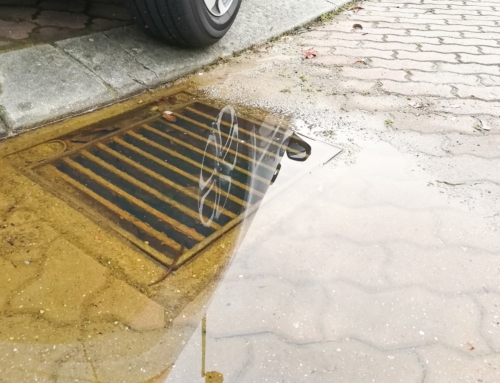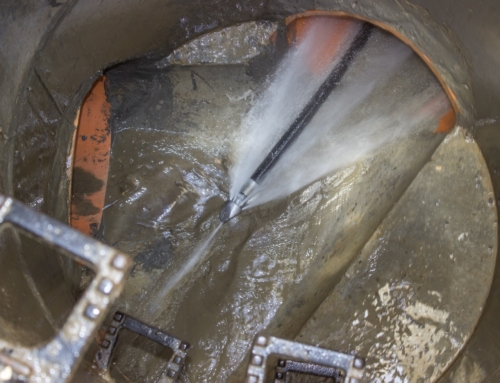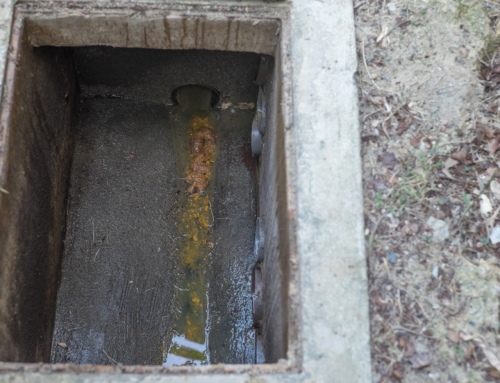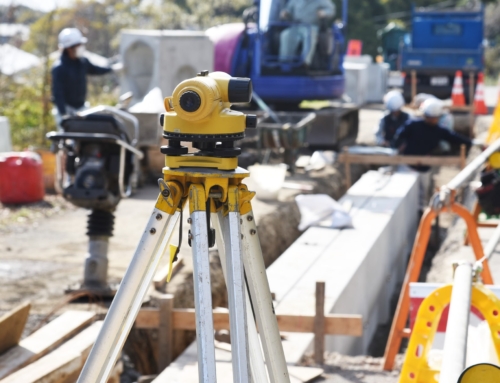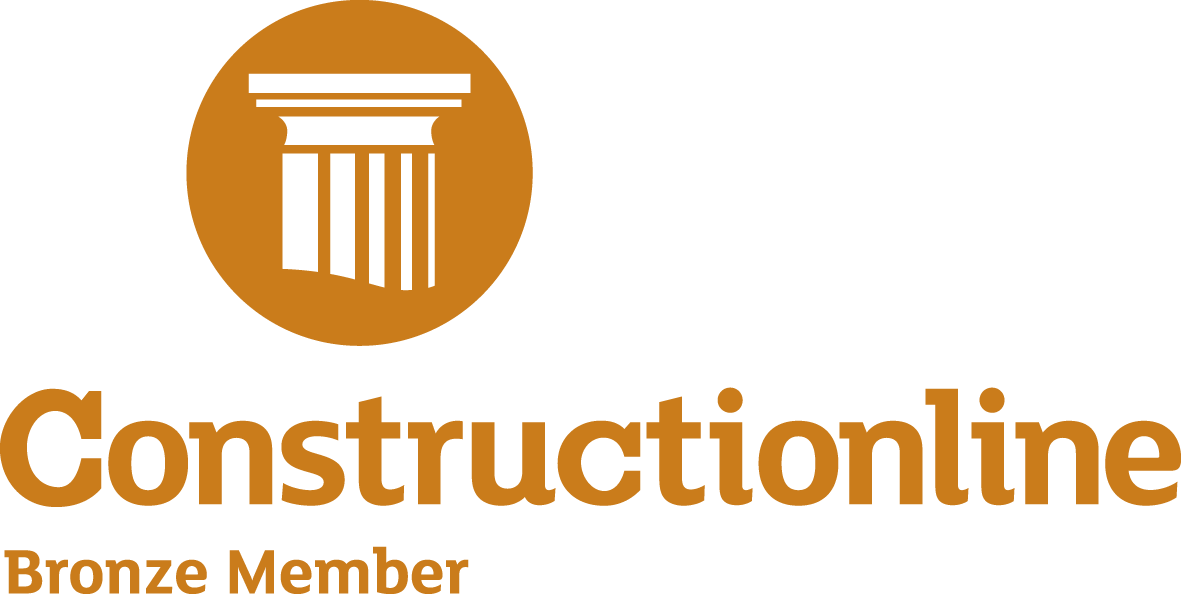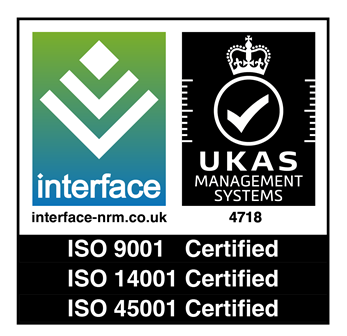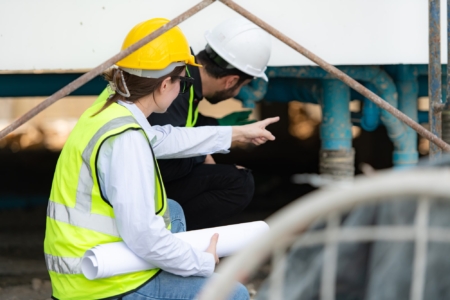
Drain surveys have become a common part of house sales in the UK, as well as insurance claims and general home maintenance. Beyond the practical benefits, drain survey law requirements need proper consideration. Whether you’re a homeowner, property developer or landlord, understanding drain survey legal guidelines and framework can ensure compliance and avoid costly penalties.
Here are some key facts to know.
Are there regulations for drain surveys?
Legislation affecting drain inspections includes Part H of Building Regulations. These cover the requirement of adequate drainage systems and waste disposal. Building regulations may necessitate surveys when building, extending or altering properties. Approved Document H goes into more detail about pipe sizes, drain protection and manhole locations.
Local water authorities may request drain surveys before, during or after construction work takes place near existing infrastructure. Local authority drain survey rules also come into force when assessing drainage suitability in certain areas, like flood-risk areas.
Drain surveyors must follow health and safety regulations (like the Health and Safety at Work etc. Act 1974), including the need for proper risk assessments and appropriate PPE for workers.
Who has legal liability in drain surveys?
Landowners are legally responsible for drainage on their own land, although shared drains are generally covered by water companies. Drain survey evidence for disputes can be highly useful in property boundary issues, water ingress claims and legal action involving negligence or damage.
Legal rights of property owners allow for surveying drains within their boundary. However, if drain survey access requirements involve crossing neighbouring land or shared sewers, permission is needed from the affected parties.
What are the main drain survey compliance issues?
Common compliance issues include a failure to notify authorities when connecting to public sewers, incomplete or improperly conducted CCTV drain surveys, untrained workers operating in confined spaces, and obstruction of access to shared drains.
When it comes to drain surveys and public safety, local authorities or water companies can order a new inspection if defective drainage poses a risk to public health. A failure to comply could lead to enforcement notices.
All drain surveys should be carried out by certified drain surveyors who use industry-recognised methods.
Do you need permits for drain surveys?
There’s no specific permit required for a standard domestic drain survey. However, for surveys involving public sewers, permission from the relevant water authority is usually needed.
You should also contact your local council authority to check any drain survey licensing requirements. Carrying out unauthorised work on public sewers or in restricted areas can result in legal penalties for survey violations (such as fines and court action).
What are insurance requirements for drain surveys?
Insurance companies may require drain surveys for any claims relating to property water damage, subsidence and flooding.
Professional drain survey companies should always have public liability insurance to cover damage to third-party property (or persons) and professional indemnity insurance to protect against negligence claims and faulty reports.
Contact The Drain Survey Company in London and Essex
If you need drain survey legal advice or want a free quote for a new assessment, call us today. The Drain Survey Company operates across locations like Chelsea and Cheshunt.
Contact our drain surveyors now to book a property visit.


